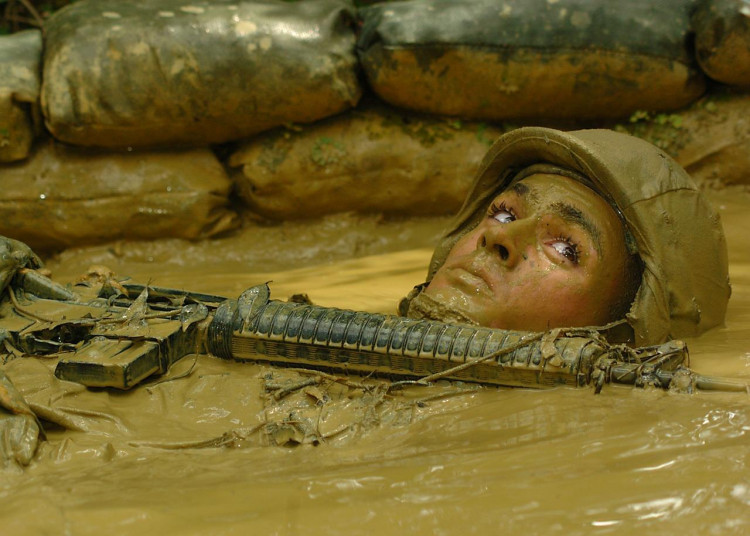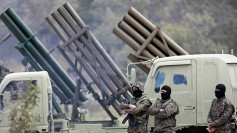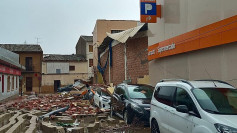South Korea and the United States commenced their biggest joint military exercises in years on Monday with the reopening of field training, officials said, as the allies aim to strengthen preparedness in anticipation of North Korea's possible missile tests.
South Korean President Yoon Suk-yeol, who took office in May, pledged to "normalize" the combined drills and increase deterrence against North Korea. The annual summertime exercises, called Ulchi Freedom Shield this year, are set to end on September 1.
Monday marked the first time since the outbreak of the coronavirus pandemic that South Korea initiated the four-day Ulchi civil defense drills, aimed to enhance government readiness.
Yoon stated that the purpose of the military and civic exercises is to increase the nation's readiness to deal with increasing cyber threats against important infrastructure such as chip manufacturers and supply lines.
"Maintaining peace on the Korean peninsula is contingent on our ironclad security posture," Yoon stated at a cabinet meeting, pushing for realistic-scenario-based drills.
The maneuvers were the largest since 2017 after being scaled back due to COVID-19 and as Yoon's predecessor attempted to reopen discussions with Pyongyang, which has referred to the drills as invasion rehearsals.
North Korea launched two cruise missiles from its western coast a week ago, after South Korea and the United States began preliminary preparation for the drills.
The hermit state has also performed an unprecedented number of missile tests this year and is prepared to execute its seventh nuclear test at any moment, according to officials in Seoul.
Yoon has stated that his administration is willing to grant economic assistance if Pyongyang takes steps toward denuclearization; nevertheless, North Korea has rejected his offer and openly criticized him.
The United States, South Korea, and Japan recently engaged in a ballistic missile defence exercise off the coast of Hawaii, the first of its kind since 2017, when relations between Seoul and Tokyo were at their lowest in years.
This summer, according to Seoul's defense ministry, the allies will conduct 11 field training programs, including one at brigade level involving thousands of soldiers.
To counteract North Korea's escalating missile threats aimed at the capital of the South, the ministry announced it would enhance missile detection capabilities and push for the rapid deployment of a new interceptor system.
Meanwhile, the exercises might provoke a furious response from North Korea, which has accelerated its weapons testing to a record pace this year while periodically threatening war with Seoul and Washington amid a protracted diplomatic impasse.






